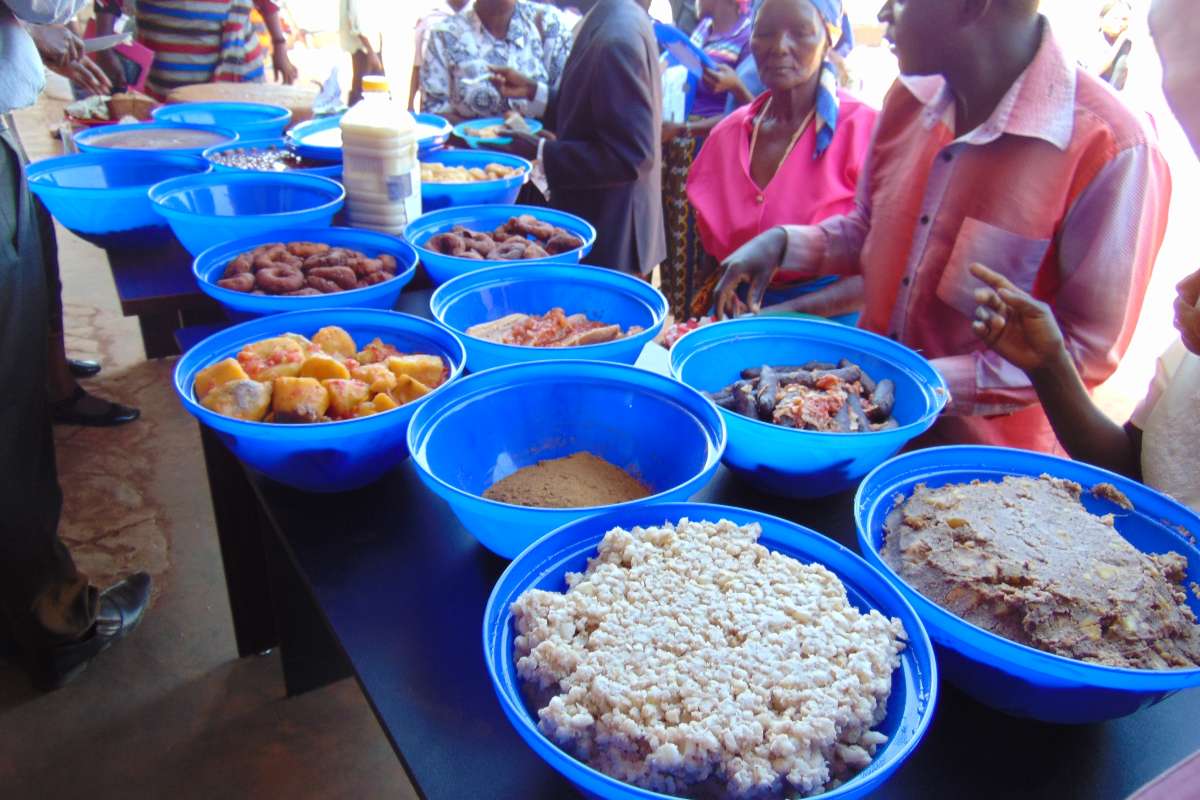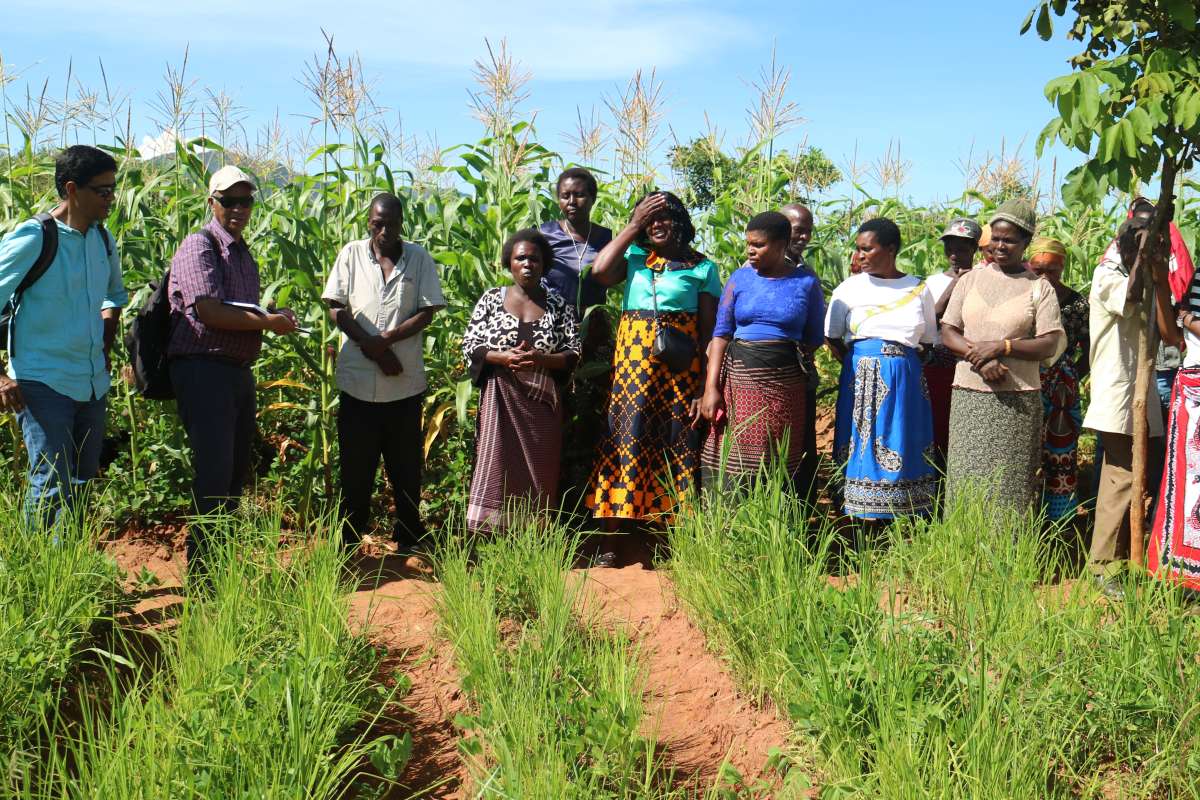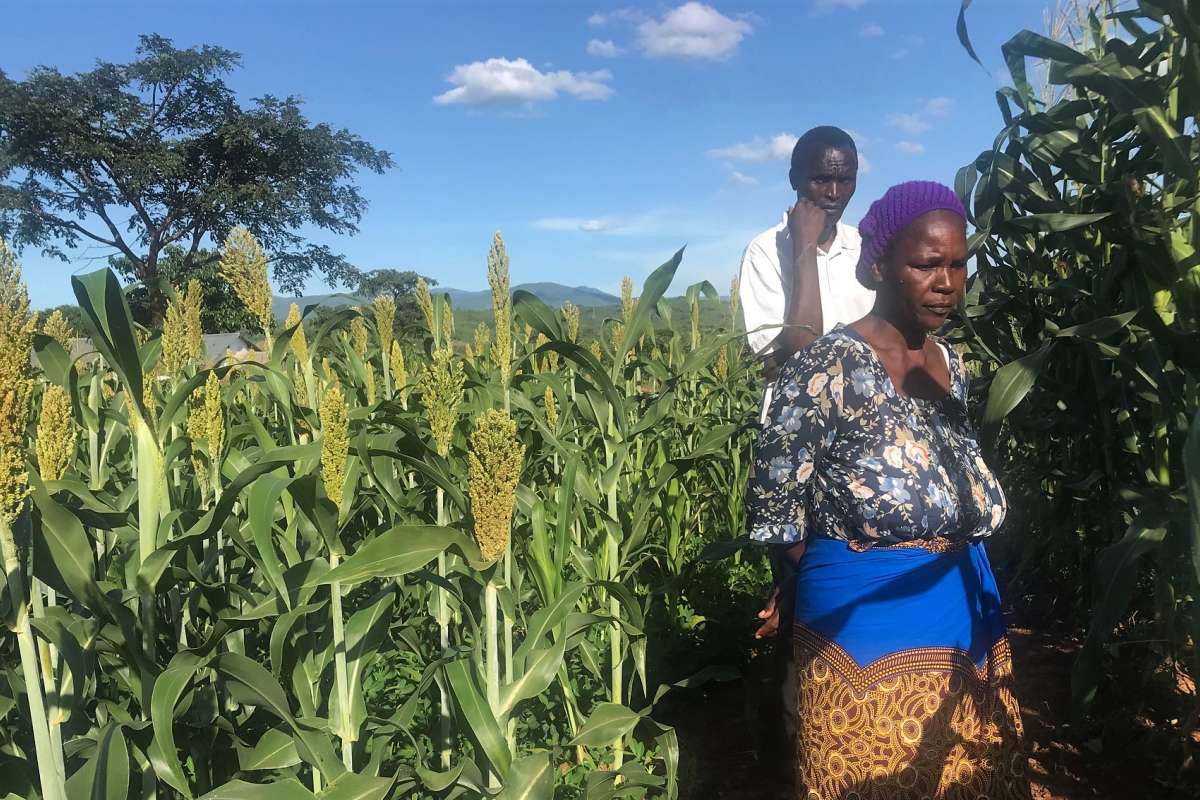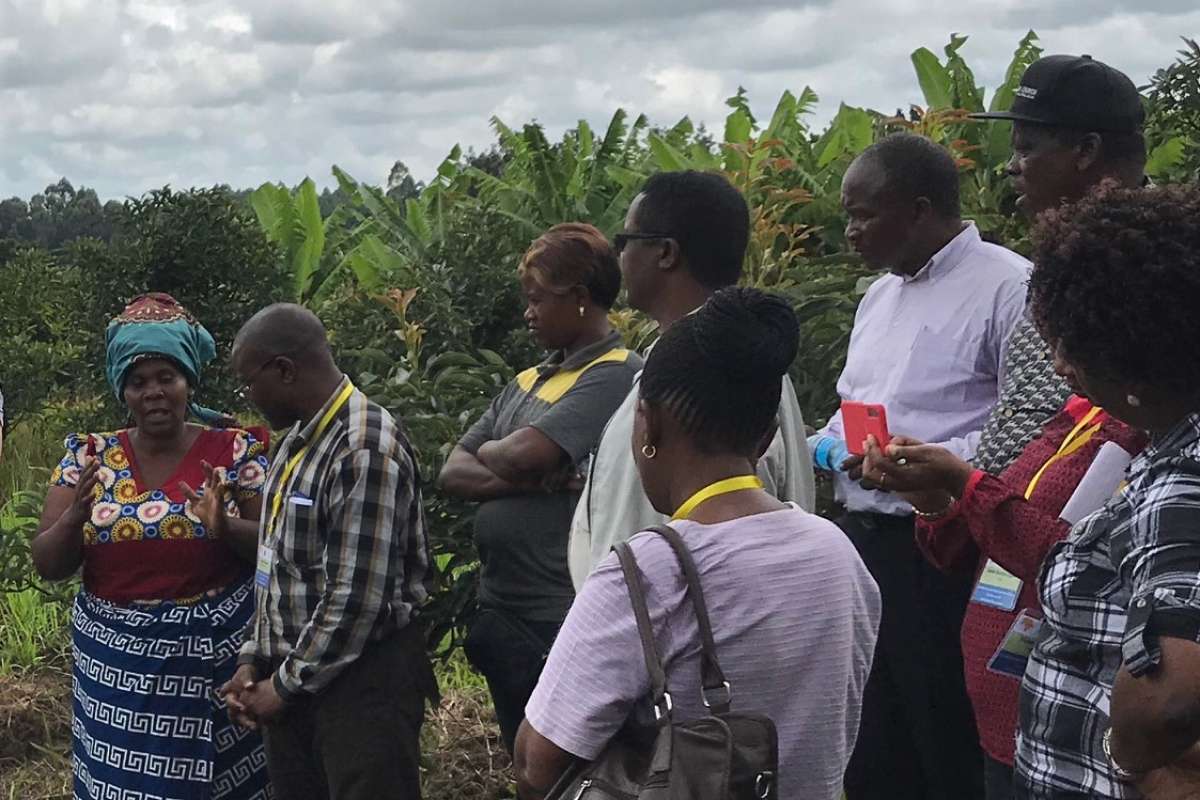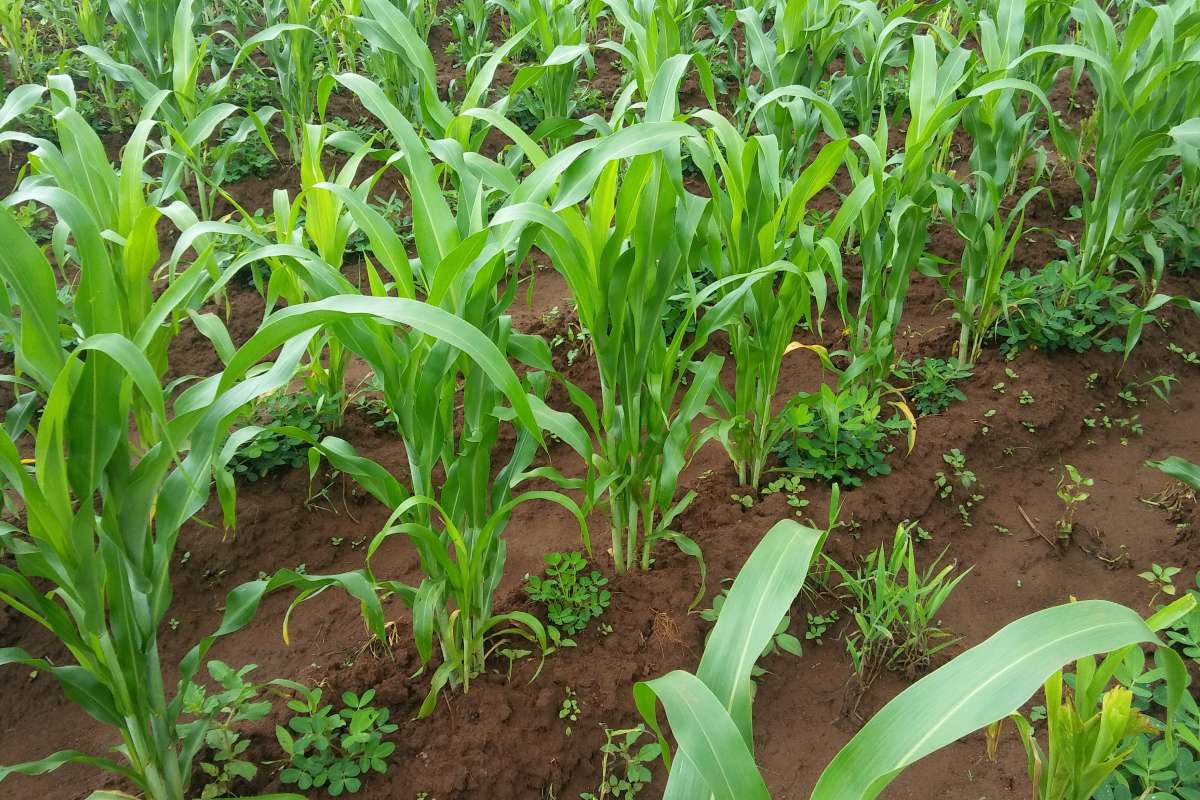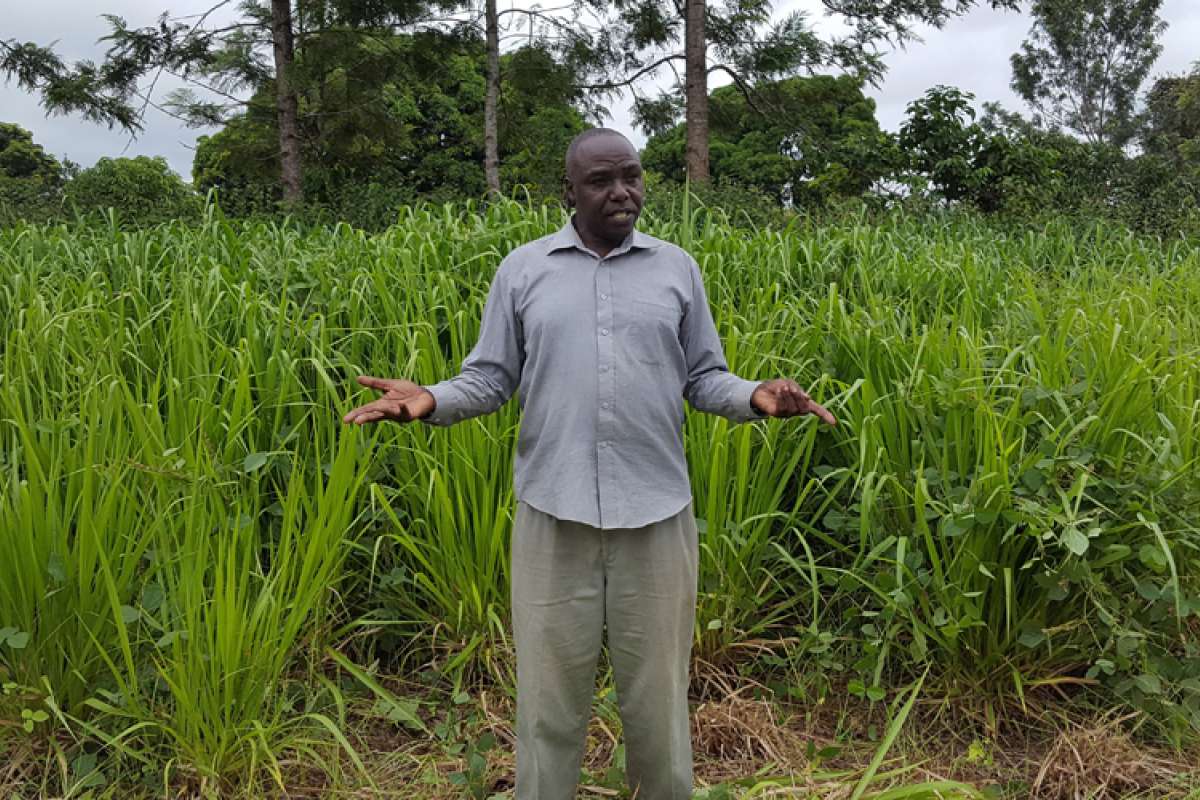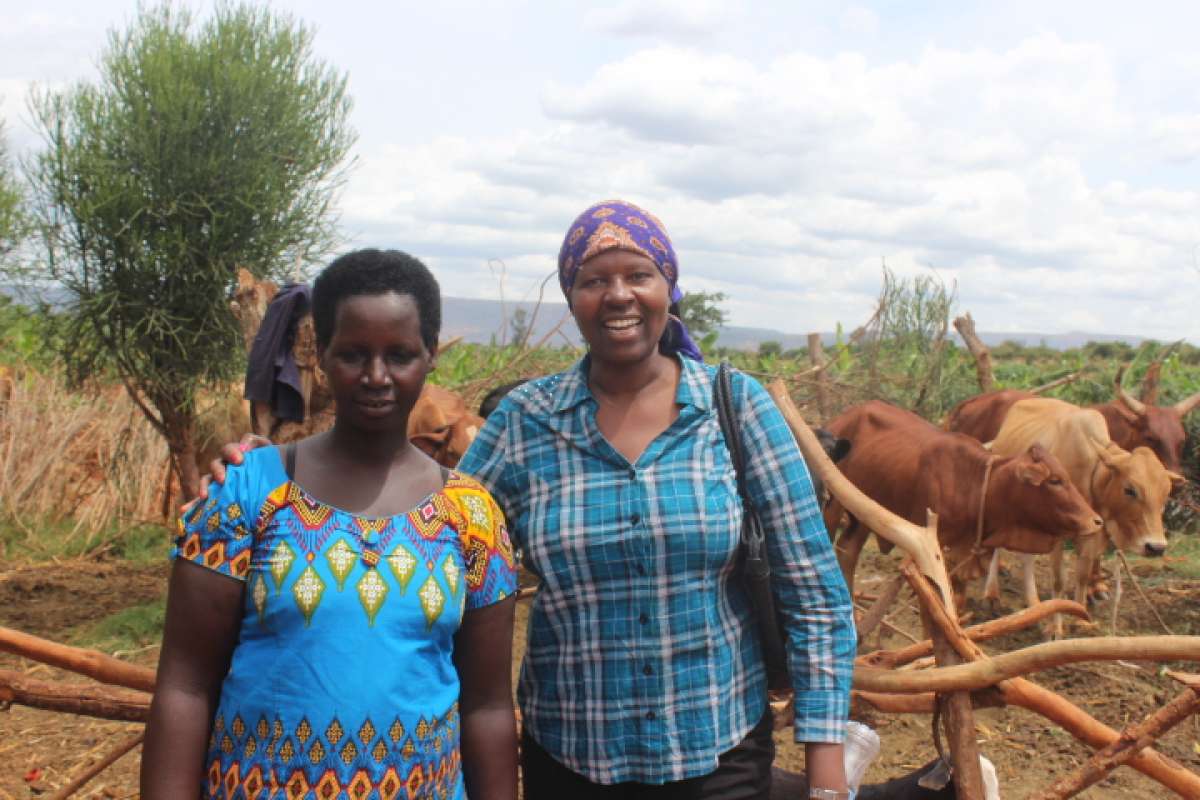Division of Environment and Natural Resources
InnovAfrica: Innovations in Technology, Institutional and Extension Approaches towards Sustainable Agriculture and enhanced Food and Nutritional Security in Africa
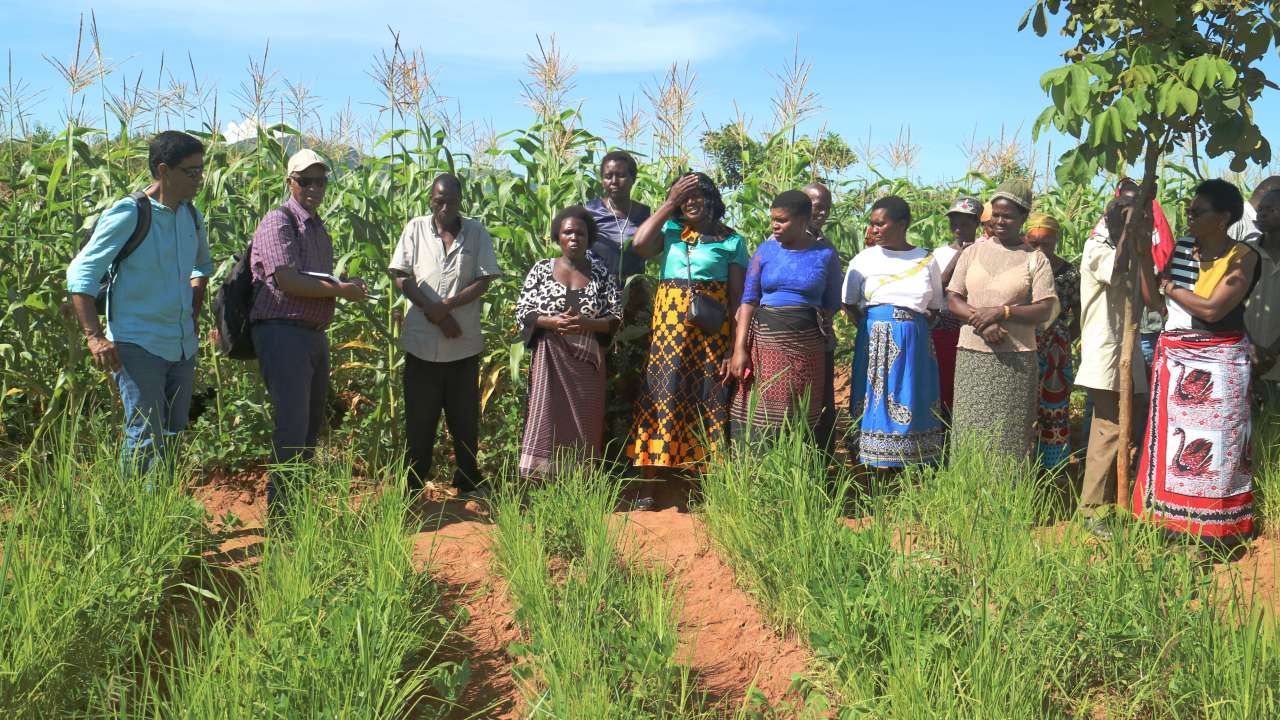
End: may 2021
Start: jun 2017
The multidisciplinary project InnovAfrica aims to improve food and nutrition security and adaptive capacity of smallholders to climate change.
Project participants
Esther Bloem Ola Westengen Ruth Haug Divina Gracia P. Rodriguez Mehreteab Tesfai| Status | Active |
| External project link | InnovAfrica - food security through smallholder adaptability |
| Start - end date | 01.06.2017 - 31.05.2021 |
| Project manager | Sekhar Udaya Nagothu |
| Division | Division of Environment and Natural Resources |
| Department | Hydrology and Water Environment |
| Partners | 16 partners (11 African and 5 European, including 2 CGIAR institutes (CIMMYT and ILRI) |
| Funding source | H2020-EU-Africa partnership on Food and Nutrition Security |
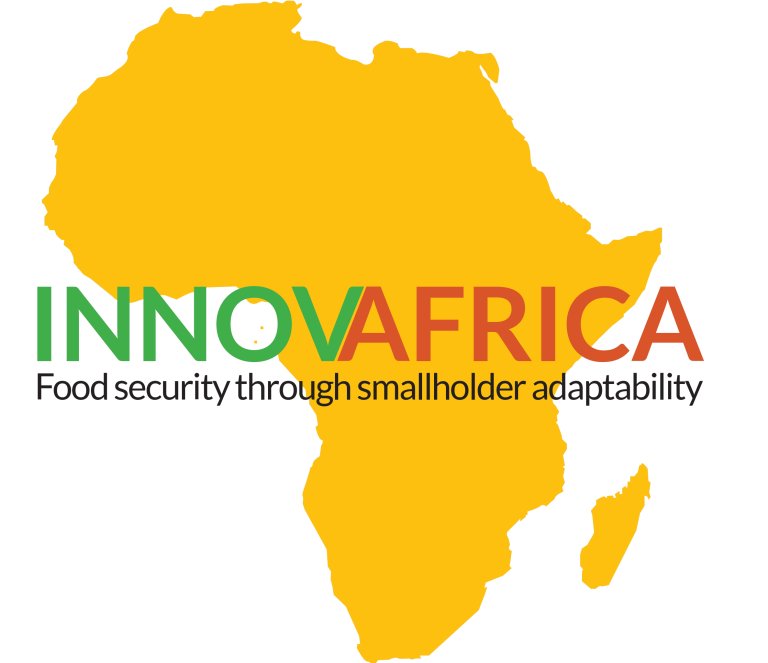
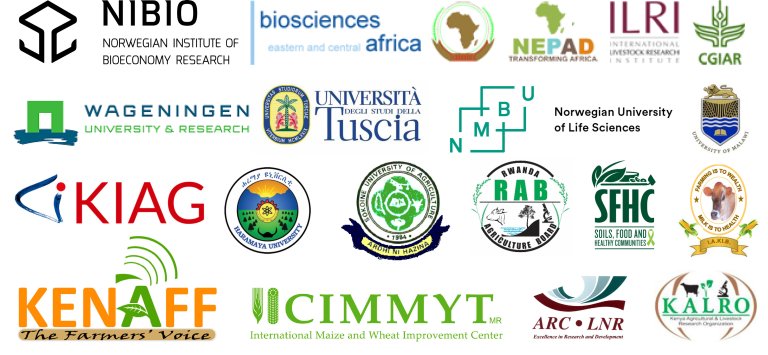

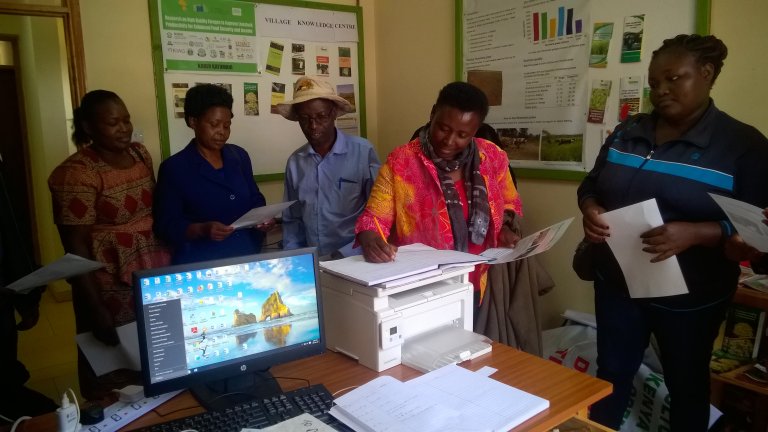
InnovAfrica integrates sustainable agriculture intensification systems and innovative institutional approaches with novel extension and advisory services. This will strengthen the adaptive capacity of smallholders in Sub-Saharan Africa, thus contributing to their productivity, profitability and nutritional benefits while at the same time reducing environmental impacts.
The project tests ways of intensifying agricultural food production in a sustainable way; these agricultural systems are communicated to smallholder farmers in several African countries via smart phone apps, social media and village-based ‘Knowledge Centres’. In addition the project publishes papers and policy briefs to be used in policy dialogue forums and to contribute towards knowledge based policy formulation.
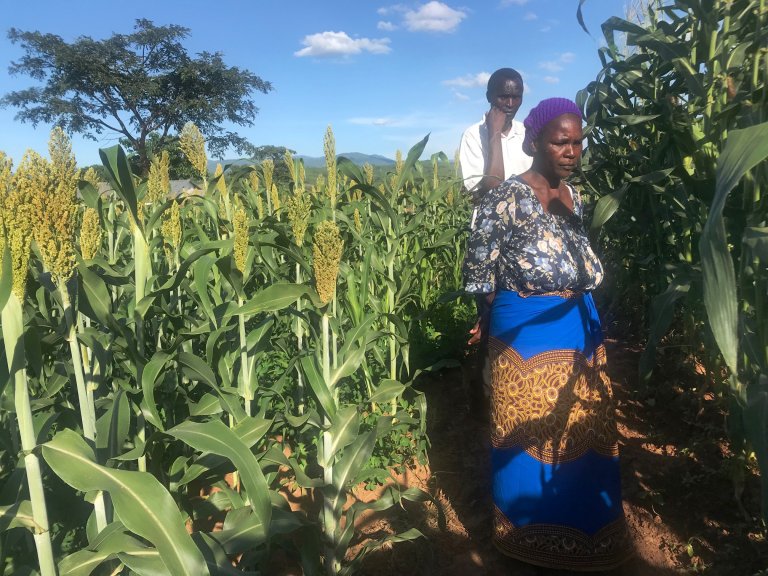
With a multi-disciplinary team composed of 16 partners from Europe and Africa, the project identifies needs and opportunities of existing agricultural intensification systems, and improves selected product value chains using these new approaches, including novel extension and advisory services.
The project coordinator is Udaya Sekhar Nagothu, Senior Researcher and Director of International Projects (South and SE Asia and Africa) at the Norwegian Institute of Bioeconomy Research (NIBIO). The co-coordinator is Jacob Mignouna from BecA-ILRI Hub.
Ethiopia, Kenya, Malawi, Rwanda, Tanzania and South Africa make out the case countries. The project operates in 24 project sites with different agro-ecological and socio-economic settings, with a focus on women and youth. In Malawi, the project actively engages several hundreds of smallholders in Dedza and Mzuzu districts where farmer community led on farm demonstrations of technology, institutional and extension innovations (promoting crop diversity / seed systems, value chain enhancement, ICT based extension) intercropping maize, millet and sorghum with legumes. Results so far have shown improved crop productivity (by more than 30%), soil fertility and income.

